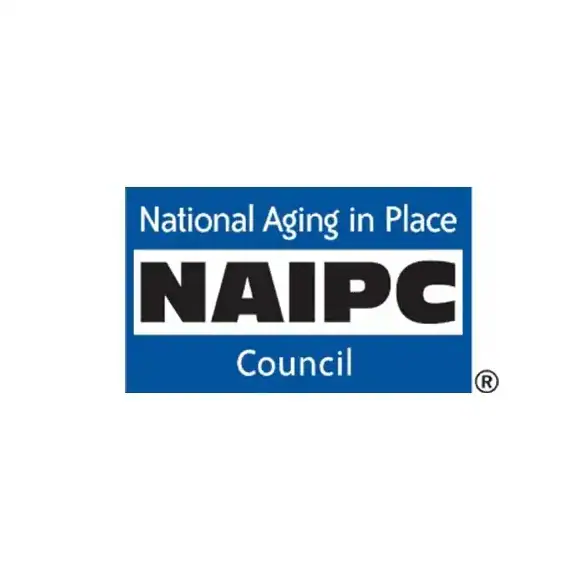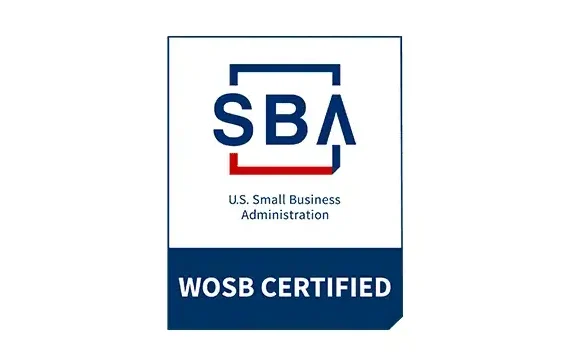Trust Attorney in Valley Stream, NY
Protect Your Family's Legacy Before It's Too Late
Your life savings shouldn’t disappear into nursing home costs. Get the trust attorney guidance that keeps your assets in your family’s hands.


Living Trust Lawyer Valley Stream
When you set up the right trust, you’re not just protecting money. You’re protecting your family from the stress, confusion, and conflict that comes when someone gets sick or passes away without proper planning.
Your home stays in the family instead of being sold to pay for care. Your children inherit what you worked for instead of watching it disappear to legal fees and nursing home bills. Your spouse has security instead of scrambling to figure out Medicaid rules during a crisis.
The peace of mind is immediate. You know your wishes will be followed exactly. You know your family won’t have to guess what you wanted or fight over decisions when you can’t make them yourself.
Valley Stream Estate Planning Attorney
We have been helping Valley Stream families navigate the complex world of trusts and estate planning for years. We understand that Long Island presents unique challenges – from high property values to expensive long-term care costs.
We serve families who are facing major life transitions: aging parents, illness, disability, or the loss of a loved one. We know these aren’t just legal matters – they’re deeply personal family situations that require patience, compassion, and clear guidance.
What sets us apart is our commitment to accessibility. We offer home, hospital, and nursing home visits because we understand that not everyone can make it to a law office. We provide bilingual services in Spanish and Italian, recognizing the diverse needs of Long Island families.

Trust Creation Process Valley Stream
The process starts with understanding your specific situation. Every family is different, and cookie-cutter solutions don’t work when you’re dealing with real estate values like Valley Stream’s median home price of over $750,000.
First, we’ll assess your assets, your family dynamics, and your goals. Do you want to protect your home from Medicaid? Are you worried about a child with special needs? Do you have concerns about family members who might not handle money well?
Next, we’ll explain your options in plain English. Living trusts, irrevocable trusts, asset protection strategies – we’ll tell you what each one actually does and why it might or might not make sense for your situation.
Then we’ll draft the documents and walk you through every detail. You’ll understand exactly what you’re signing and how it protects your family. We’ll handle the legal technicalities while keeping you informed every step of the way.

Ready to get started?
Asset Protection Trust Valley Stream
Living trusts help you avoid probate, which in New York can take months or even years. Your family gets immediate access to assets instead of waiting for court approval. Everything stays private instead of becoming public record.
Asset protection trusts shield your savings from nursing home costs. On Long Island, where three years of care can cost $600,000, this planning can save your family’s entire inheritance. The key is acting before you need care – once you’re in a nursing home, it’s often too late.
Medicaid planning trusts allow you to qualify for benefits while protecting assets for your spouse and children. New York’s Medicaid rules are complex, but with proper planning, you can preserve your home and savings while still getting the care you need.
Special needs trusts protect disabled family members without jeopardizing their government benefits. This is crucial for families with children or grandchildren who receive SSI or Medicaid – the wrong inheritance structure can disqualify them from essential programs.









